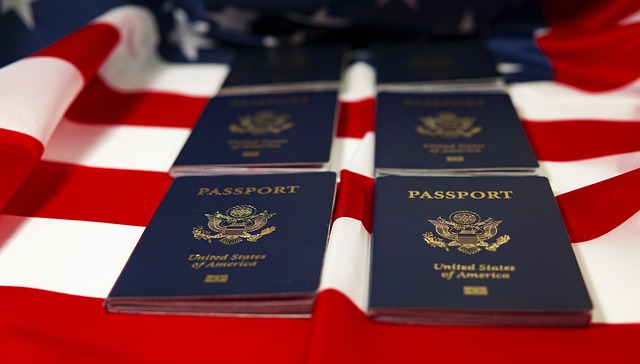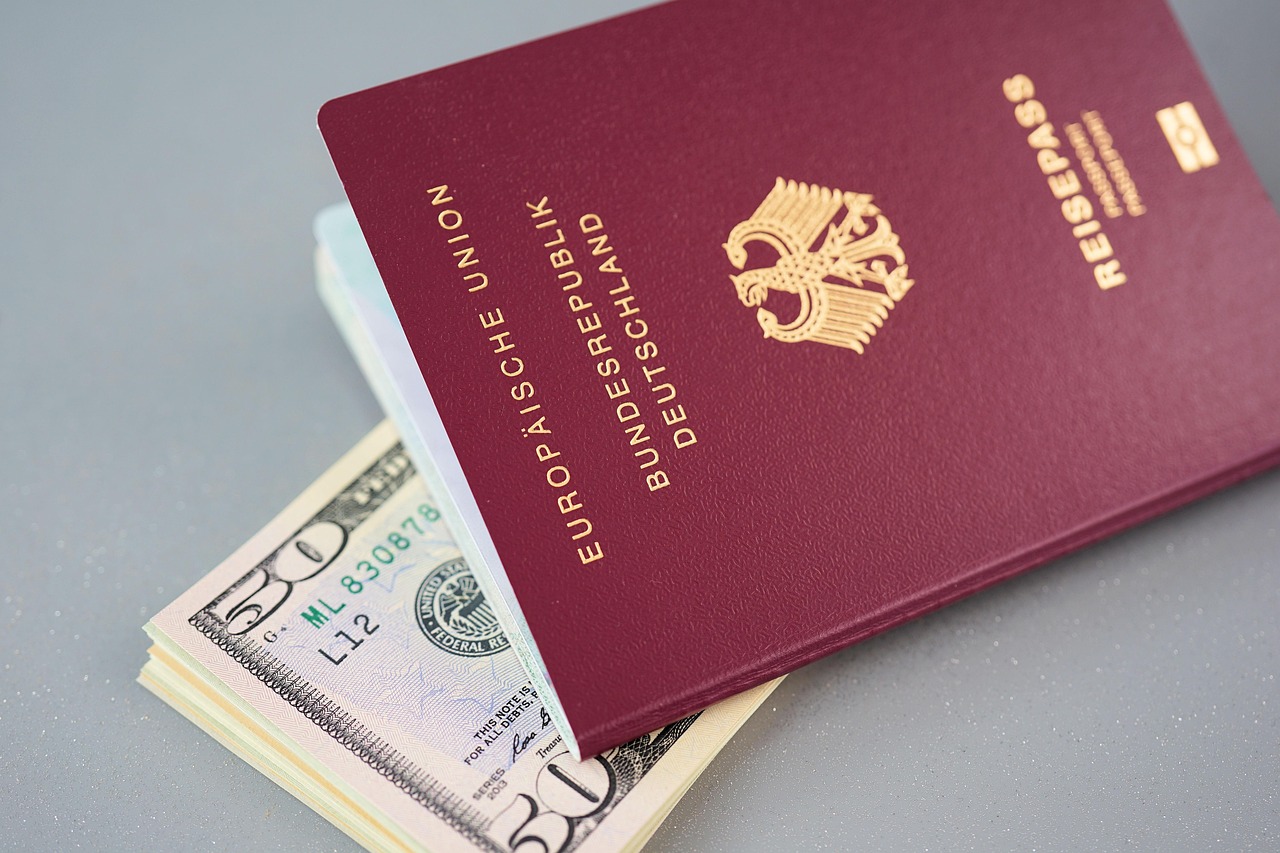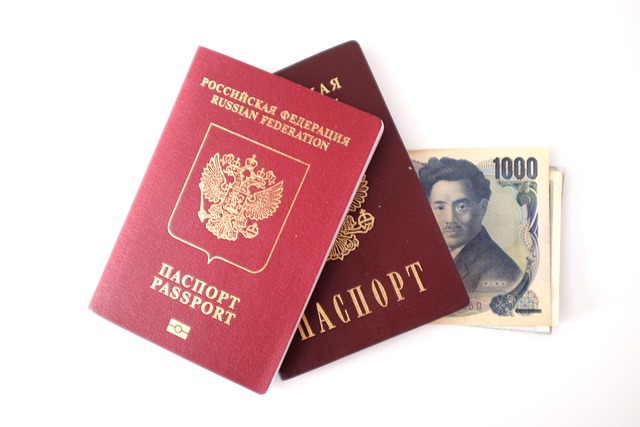How to Obtain British Citizenship: A Comprehensive Guide

British citizenship offers numerous benefits, including the right to live, work, and study in the UK without restrictions, as well as the ability to travel visa-free to many countries. Whether you’re an expatriate, a long-term resident, or someone with British heritage, understanding the pathways to British citizenship is essential. This article provides a detailed overview of the requirements, processes, and options for obtaining British citizenship.
1. Overview of British Citizenship
British citizenship is primarily based on the principle of jus sanguinis (right of blood), meaning that citizenship is inherited from one’s parents rather than determined by place of birth. However, the UK also offers pathways to citizenship for foreigners through naturalization, marriage, and other means.
2. Pathways to British Citizenship
There are several ways to obtain British citizenship, depending on your circumstances. Below are the most common pathways:
a. Citizenship by Birth
Children born to at least one British parent automatically acquire British citizenship, regardless of their place of birth. This applies to both married and unmarried parents.
- Dual Citizenship: The UK generally allows dual citizenship, meaning you can hold British citizenship alongside another nationality.
b. Citizenship by Descent
If you have British ancestors, you may be eligible for citizenship by descent. This pathway is particularly relevant for individuals whose parents or grandparents were British citizens.
- Documentation: You will need to provide proof of your British ancestry, such as birth certificates, marriage certificates, and other official documents.
c. Citizenship by Naturalization
Naturalization is the most common pathway to British citizenship for foreigners. To be eligible, you must meet several requirements, including residency, language proficiency, and good character.
- Residency Requirement: You must have legally resided in the UK for at least 5 years (or 3 years if married to a British citizen).
- Indefinite Leave to Remain (ILR): You must have held ILR (or equivalent status) for at least 12 months before applying.
- Language Proficiency: You must demonstrate proficiency in the English language at the B1 level, as defined by the Common European Framework of Reference for Languages (CEFR).
- Life in the UK Test: You must pass the Life in the UK Test, which assesses your knowledge of British history, culture, and values.
- Good Character: You must have a clean criminal record and be deemed a law-abiding resident.
d. Citizenship by Marriage
If you are married to a British citizen, you may be eligible for citizenship after 3 years of marriage and 3 years of residency in the UK. You must also meet the general naturalization requirements, such as language proficiency and good character.
e. Citizenship for EU Citizens
EU citizens who have lived in the UK for at least 5 years can apply for naturalization under the same conditions as other foreigners. However, they are not required to renounce their original citizenship.
f. Citizenship for Refugees
Refugees and asylum seekers who have lived in the UK for 5 years may be eligible for citizenship if they meet the general naturalization requirements. They must also demonstrate integration into British society.
3. Dual Citizenship in the UK
The UK generally allows dual citizenship, meaning you can hold British citizenship alongside another nationality. However, some countries do not allow dual citizenship, so it’s important to check the laws of your home country before applying.
4. Application Process for British Citizenship
The process of applying for British citizenship involves several steps:
a. Gather Required Documents
You will need to provide various documents, including:
- Proof of identity (e.g., passport, birth certificate).
- Proof of residency (e.g., rental agreement, utility bills).
- Proof of language proficiency (e.g., language certificate).
- Proof of passing the Life in the UK Test.
- Criminal record clearance.
b. Submit the Application
Submit your application to the Home Office. The processing time can vary but typically takes several months.
c. Attend a Citizenship Ceremony
Once your application is approved, you will be required to attend a citizenship ceremony, where you will take an oath of allegiance to the UK and receive your certificate of naturalization.
d. Pay the Fees
The application fee for naturalization is £1,330 for adults and £1,012 for children (as of 2023).
5. Special Cases and Exceptions
a. Restored Citizenship
Individuals who lost their British citizenship due to renunciation or other reasons may be eligible to have their citizenship restored.
b. Citizenship for Stateless Persons
Stateless persons who have lived in the UK for 5 years may be eligible for citizenship if they meet the general naturalization requirements.
6. Tips for a Successful Application
- Start Early: Begin gathering documents and preparing for the Life in the UK Test well in advance.
- Learn English: Achieving B1 proficiency is crucial for naturalization. Consider enrolling in language courses or using language-learning apps.
- Seek Professional Advice: Consulting an immigration lawyer or citizenship expert can help you navigate the process and avoid common pitfalls.
- Demonstrate Integration: Engage in community activities, volunteer work, or cultural events to demonstrate your integration into British society.
7. Recent Developments and Future Outlook
The UK has been considering reforms to its citizenship laws to make the process more accessible. Proposed changes include reducing the residency requirement and allowing dual citizenship for all naturalized citizens. These reforms aim to attract skilled workers and promote integration.



